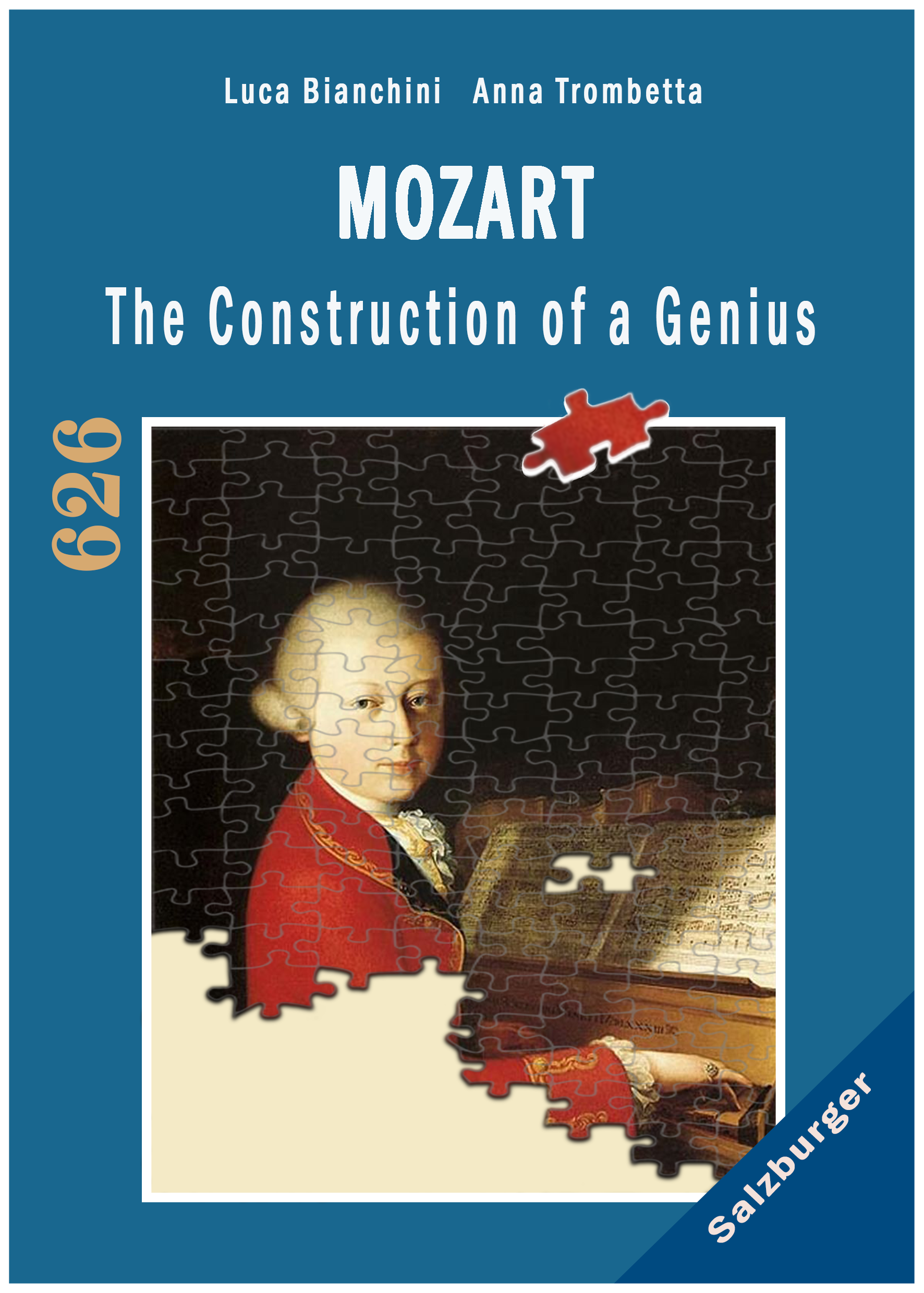Australian Scholars Confirm Mozart Catalogue Forgery
They support our findings on the falsification of Mozart’s works.
Professor Martin Jarvis of Darwin University, alongside forensic expert Professor Heidi H. Harralson, confirmed our long-held findings that Mozart’s personal catalogue is a forgery during his recent lecture The Mozart Scam. Forensic analysis continues to unravel the myths surrounding Mozart’s legacy.
Mozart: The Construction of a Genius
This enlightening volume deciphers the myriad of myths enshrouding Wolfgang Amadeus Mozart, shedding light on how portrayals of his genius have been manipulated for diverse purposes. It explores the transition of Mozart’s image from a means to mitigate Constanze’s financial distress to a representation of national valour and, subsequently, a commercial label, demonstrating how his myth has morphed through the ages.What dynamics post-1791 contributed to the moulding of Mozart’s lasting myth? This pivotal work by scholars Luca Bianchini and Anna Trombetta delves into biographical facts, musical compositions, and pertinent writings to unveil a disconcerting reality: the esteemed Mozart’s Thematic Catalogue, spanning February 9th, 1784, to November 15th, 1791, is an intricate forgery from the late 18th century.This revelation is corroborated by the scholarly paper ‘A Questionable Catalogue’, presented by the authors in October 2023 at the 21st International Conference of the Graphonomics Society at the University of Évora, Portugal.
"I am delighted that our research has provided evidence to support the proposition, made by Luca Bianchini and Anna Trombetta, that the Thematic Catalogue is not what it purports to be; we have concluded that it is a counterfeit document."
Professor Martin Jarvis
In an exciting development from Australia, Professor Martin Jarvis of Darwin University recently delivered a groundbreaking lecture titled The Mozart Scam, where he addressed the forensic investigation into the authenticity of Mozart’s handwriting. During this prestigious conference, Jarvis mentioned our research and praised our books, Mozart: The Fall of the Gods and Mozart: The Construction of a Genius, for shedding light on the myths surrounding Mozart’s legacy.
Jarvis’s lecture explored his collaborative work with forensic handwriting expert Professor Heidi H. Harralson of East Tennessee State University. Together, they have conducted an in-depth analysis of Mozart’s violin concertos, revealing that the dates of these works had been altered, and two of the concertos are not autographs by Mozart, as previously thought. This supports the findings in our earlier publications, confirming that many elements of Mozart’s legacy are based on false assumptions.
Their forensic analysis of the personal catalogue attributed to Mozart from 1784 to 1791 also confirmed what we have long argued—the catalogue is a forgery. These results, which align with our own research first presented in Mozart: The Fall of the Gods, are backed by independent studies conducted across Europe and beyond, including advanced computer data analysis from Prague.
This convergence of findings from both Europe and Australia only strengthens the case for a reevaluation of Mozart’s legacy, which has been inflated over time. As Jarvis and his colleagues continue to scrutinise the historical evidence with forensic rigour, more truths about Mozart’s life and works are being revealed, supporting the conclusions we reached years ago.
You May Also Like
The Echo of the Pummerin Bell
The powerful resonance of the Pummerin bell in Vienna may have influenced Mozart’s compositions, particularly Sarastro’s arias in The Magic Flute.
The Hidden Influence of Joseph Boulogne, Chevalier de Saint-George
Joseph Boulogne, known as the “Black Mozart”, was shaping the future of music while Mozart was still struggling for recognition in Paris. But history has buried the significant influence Saint-George had on Mozart’s career, erasing his pioneering style from the narrative.
The Forgotten Viennese Quartets
Attributing Offertorium K.34 to Mozart is not just misleading, it reflects the careless methods used by 19th-century scholars to inflate his legacy. Without an autograph or solid evidence, this work should not be considered part of his output.”
Mozart’s Bassoon Concerto: A Question of Authorship
The Bassoon Concerto K.191 raises more questions than it answers. Long thought to have been composed for a Munich bassoonist, new evidence suggests Mozart had no clear performer in mind. The concerto’s disjointed movements and other dubious compositions attributed to Mozart add further complexity to his legacy
The Uncertain Origins of Mozart’s Early String Quartets
Mozart’s so-called “Milanese Quartets” (K.155, 158, and 159) have long been subject to debate, primarily due to their ambiguous instrumentation and structural weaknesses. Were these works part of a larger series of orchestral divertimenti, hastily repurposed as string quartets? The answer remains elusive, reflecting the young composer’s struggles to find his own voice.
Simplicity, Errors, and the Myth of Perfection
Mozart’s canons are not as complex as often claimed, with notable errors in K.553 and K.554, and the myth of “V’amo di cuore teneramente” K.348 being debunked.







